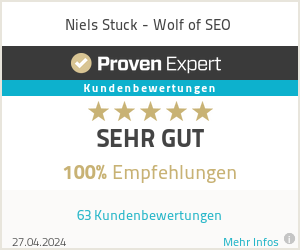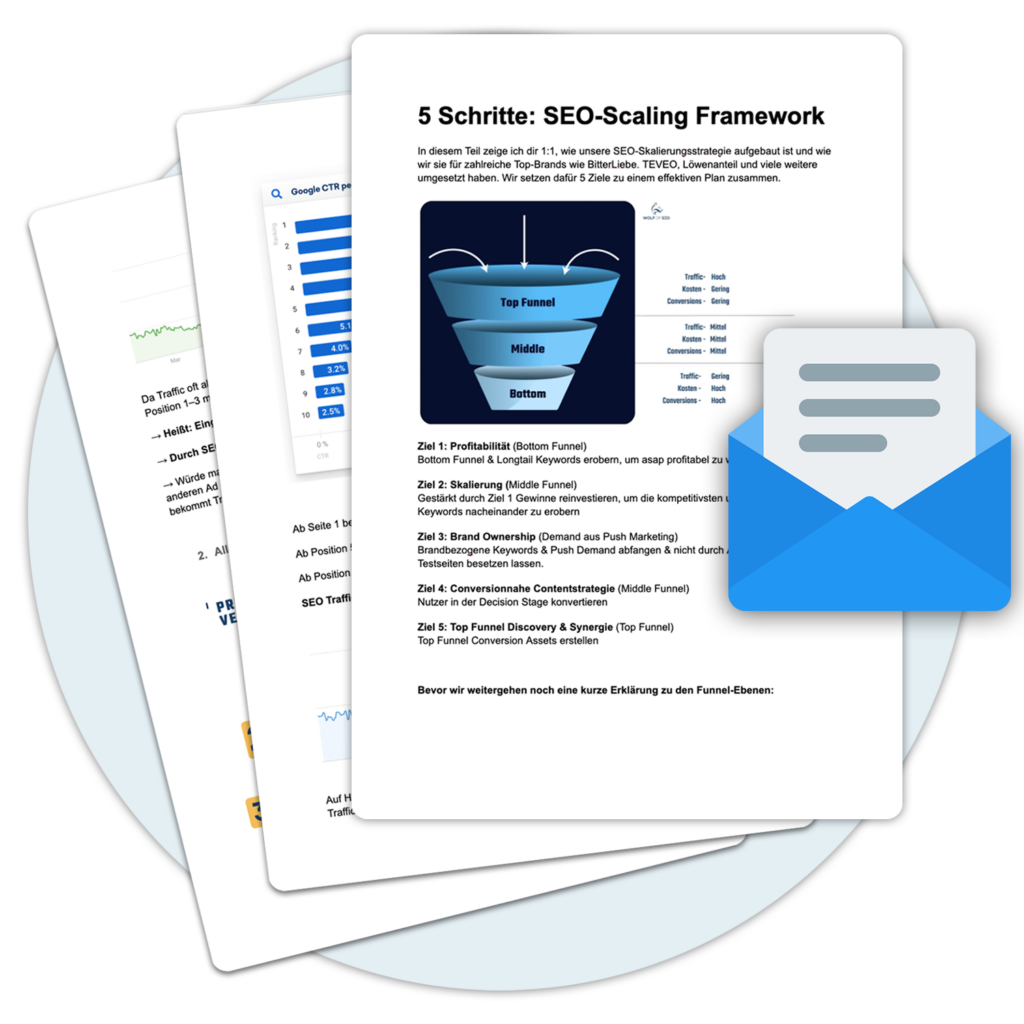
What does relevance mean in the SEO context?
The Relevance is a measure of how suitable a particular page is for a particular search query. In the early days of SEO, it was almost exclusively about which keywords were used in a search query. The search engines compared the keywords entered with the keywords on an indexed page. For example, if a user searched for "order pizza Berlin", Google would search the web for a website that uses this exact phrase in the website text and specifically in HTML tags, such as the title tag, the meta description, the H1 tag and the body content of a page.
Today, thanks to the Hummingbird update and other algorithm changes, Google is much better at deciphering user intent and identifying results that meet user needs, rather than relying on the simple Keyword-matching. The keywords are still an important part of the SEO, but the Relevance can often be represented in a more abstract way.
How to increase the page relevance?
Some strategies that the Relevance influence are the selection of your niche, the selection of topics for your Content-marketing strategy and, of course, your Keyword-research and the onpage optimization.
If you don't make a clear connection between your content and the keywords you want to get top rankings for, your Relevance sink. This way you will confuse your audience, the search engines, even yourself and thus your Ranking negatively influenced. The search engines are becoming faster and smarter, which is why SEO is becoming more and more important. In addition, the link relevance (Authority) also an important ranking factor.
There are many ways to Relevance of a website in SEO to increase. Some of the most important steps are:
- Keyword-Optimization: Research relevant keywords for your website and optimize your content accordingly. Use the keywords in headings, Metadata and of course in the texts.
- High quality content: Make sure your website contains well-written, informative, and up-to-date content that is of interest to your target audience.
- Backlinks: Try, Backlinks from other websites. This Backlinks signal search engines that your website is more relevant and trustworthy.
- Technical optimization: Make sure your website loads quickly, is optimized for mobile devices, and has a clean URL structure disposes
- Social media: Use social media to distribute your content and Backlinks to be obtained.
- User Experience: Make sure your website is user-friendly and easy to navigate.
- Regular updates: Update your website regularly with new content and features to enhance its Relevance to maintain.
It is important to note that SEO is a continuous process and it takes time to see results. It is also important to follow search engine guidelines to ensure that your optimization methods are ethical and sustainable.
The optimization leads to Relevance, when a deep understanding of the correct use of keywords and their assignment to the right market niche is visible.
Disadvantages of little relevance
A low Relevance of a website in SEO can have several disadvantages, including:
- Low visibility: A website with low Relevance may be listed further down in search engine results or not displayed at all. This will reduce the visibility of the website and bring fewer visitors to the site.
- Low Traffic: Since the visibility is reduced, also the Traffic to the website will be lower. This can result in the website generating less revenue and reaching fewer potential customers.
- Difficulties in addressing target groups: If the website is not optimized for the right keywords, it can be difficult to target the right audience.
- Low credibility: A website that is listed further down in search engine results is seen as less trustworthy. This can discourage potential customers from clicking or buying from the website.
- Low return on investment (ROI): When the website is less Traffic and revenue generated, the ROI will also be lower. This can lead to the fact that it is not worth investing in SEO.
It is important to Relevance of a website in SEO on a regular basis and, if necessary, make optimizations to avoid these disadvantages and reap the benefits of a higher Relevance to use.
Typical mistakes in building the relevance of a website:
- Insufficient Keyword-Research: If the wrong keywords are used, it will be difficult to be found by the right users.
- Insufficient onpage optimization: This includes the use of Title tags, meta-descriptions, headings and other onpage elements that contribute to Relevance of a page for certain keywords.
- Poor internal linking: A proper internal linking structure can help to improve the Relevance of a page for certain keywords.
- No external Backlinks: Backlinks from other websites are an important factor for the search engine relevance of a page.
- Insufficient user friendliness: If a website is poorly structured, hard to navigate or slow to load, users will have a hard time finding the information they need, which can make the Relevance impaired for the search engines.
- Lack of updating: A website that is not updated regularly can be unattractive to users and search engines, and its Relevance affect.
There are many other factors that affect the Relevance of a website in SEO can affect, but these are some of the most common mistakes that are made.
« Back to Glossary Index




 By
By 